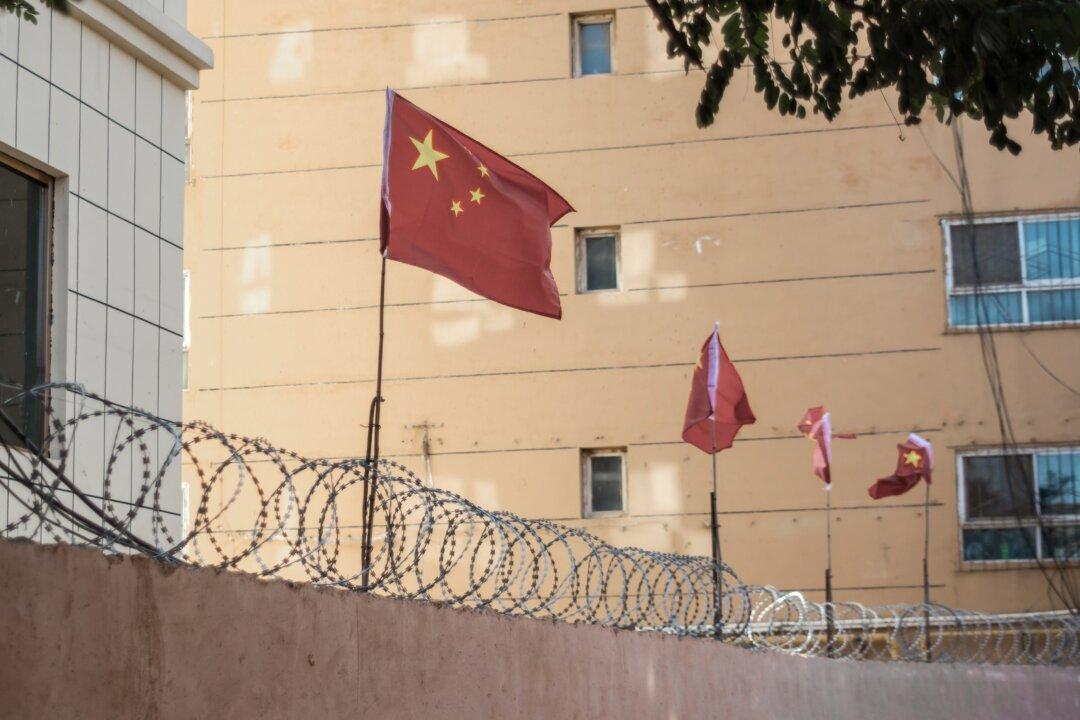Demand is growing for an immediate investigation into Western Australia’s (WA) $1.3 billion railcar contract, which was awarded to a firm sourcing parts from a Chinese company that has linkages to Uyghur slave labour.
The contract to build 246 rail cars between the Australian government and Alstom—a French rail transport company—was signed in 2019, with all 246 rail cars to be built in the state and was the largest contract awarded in Perth.





